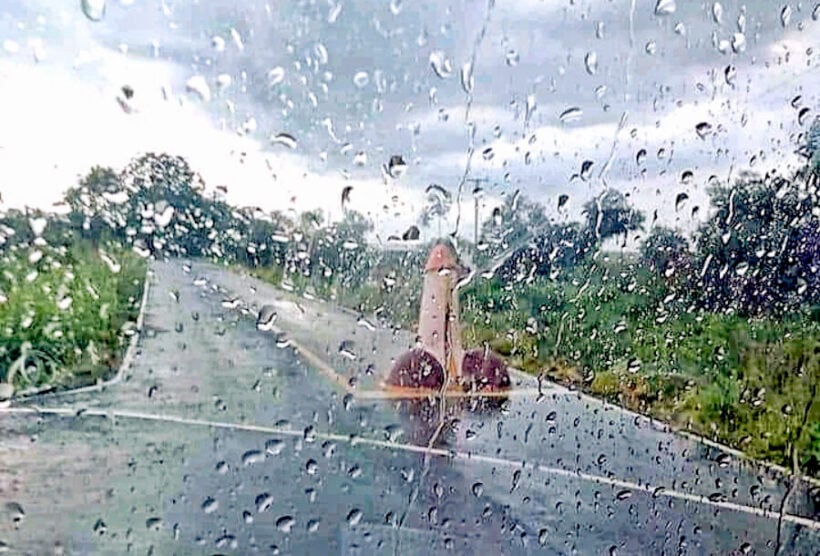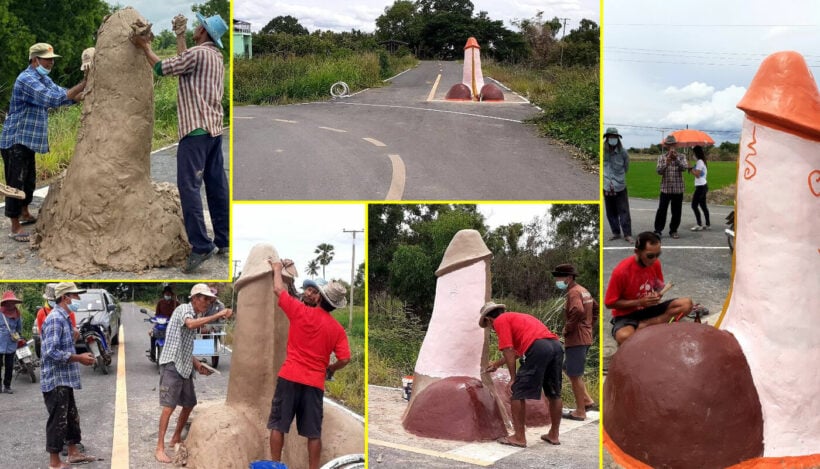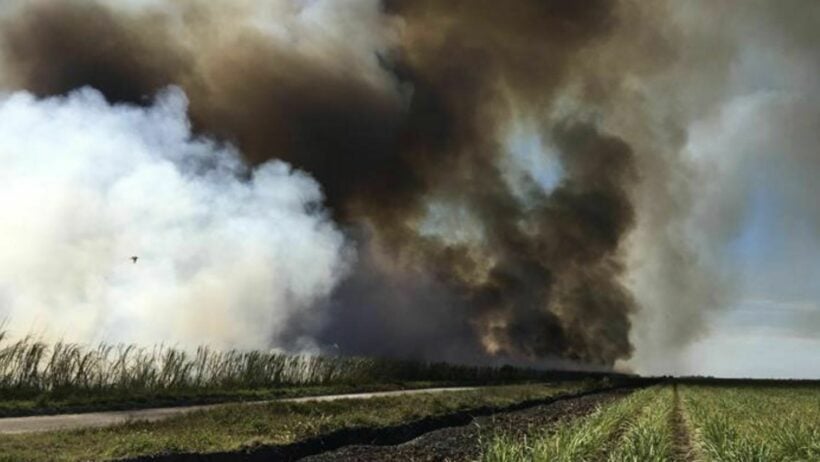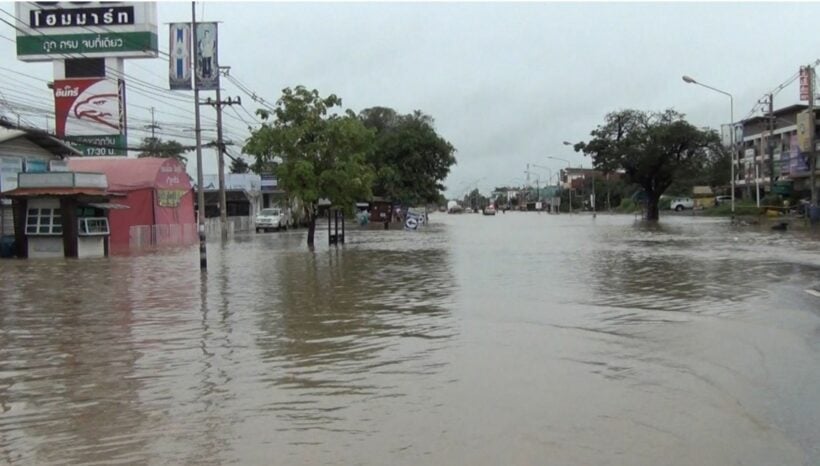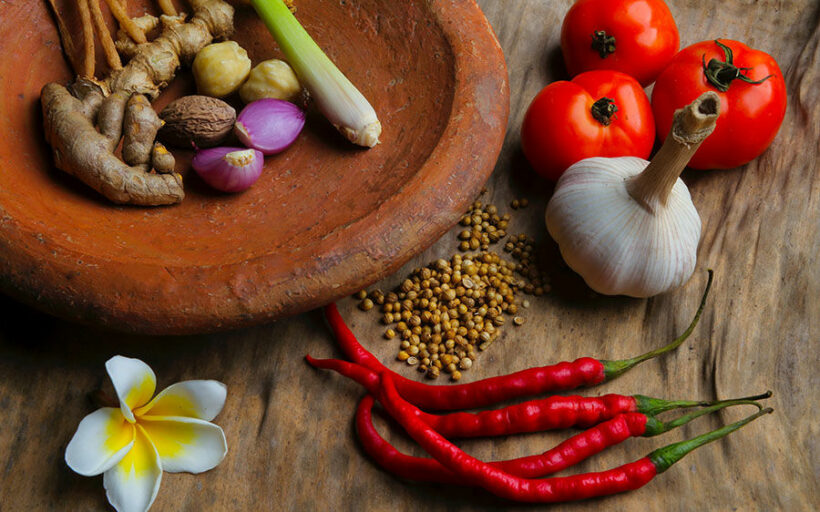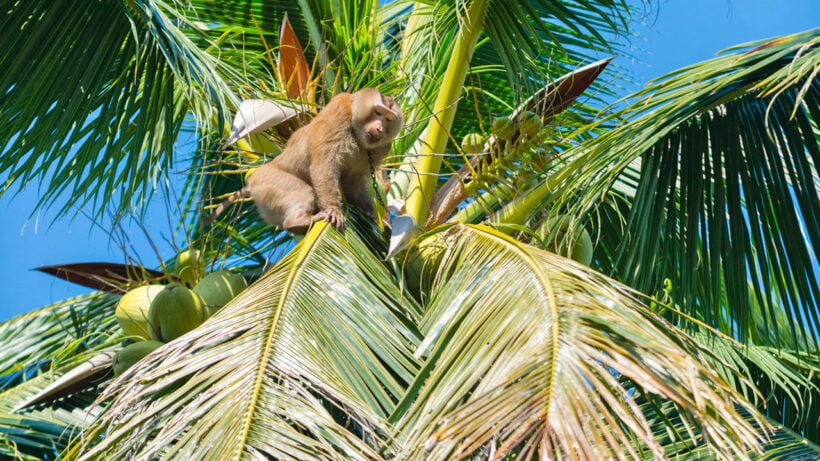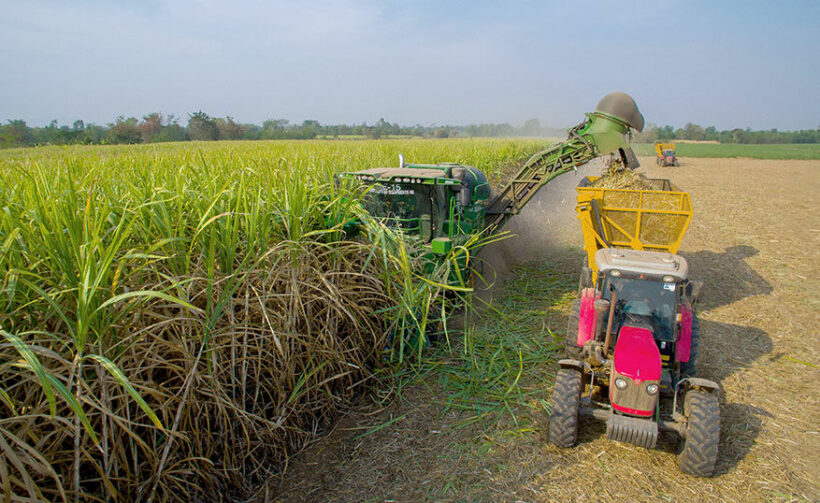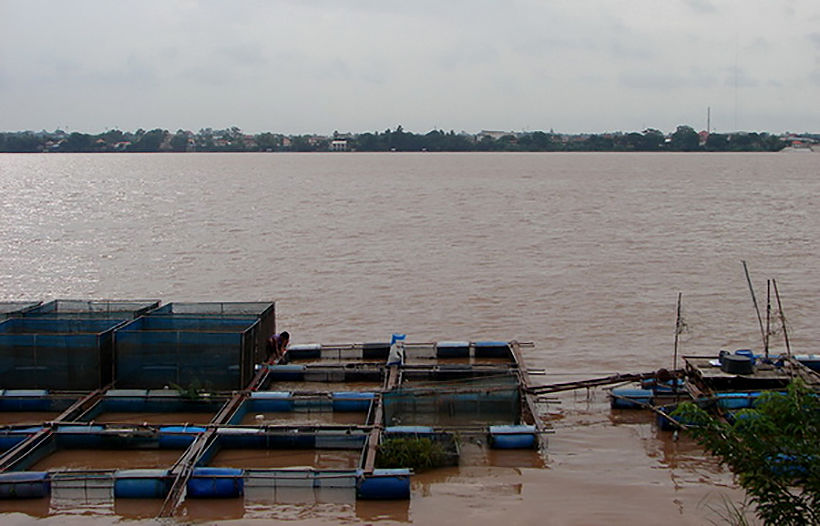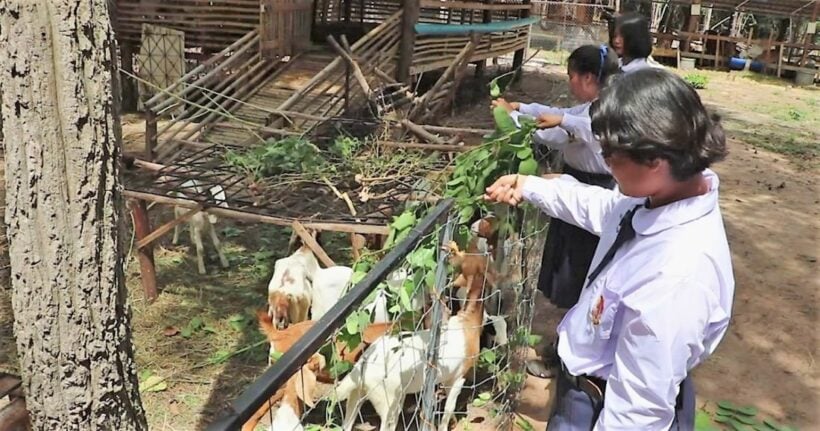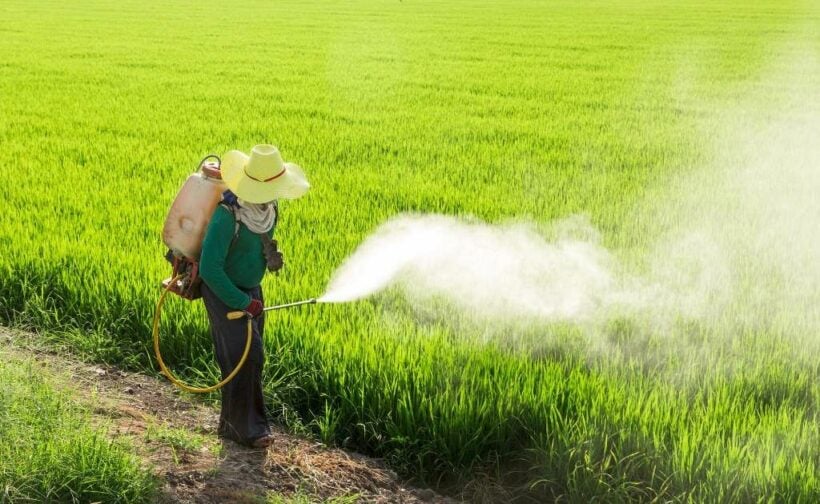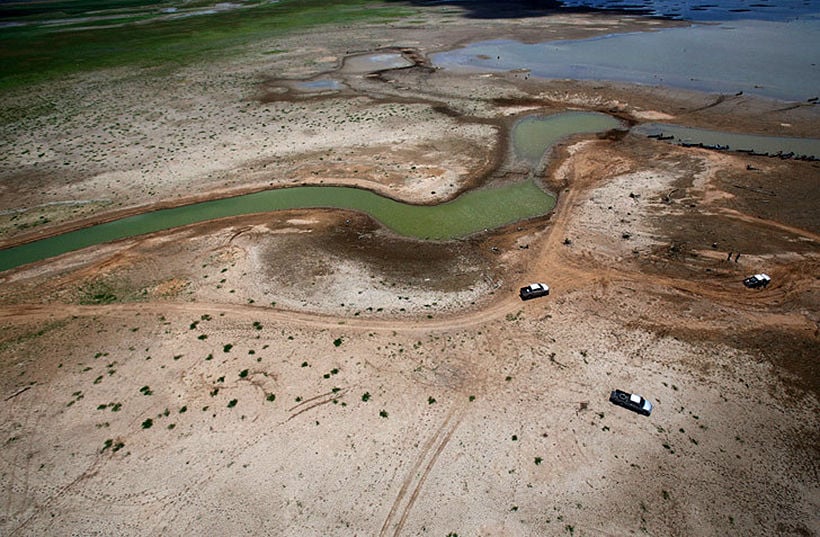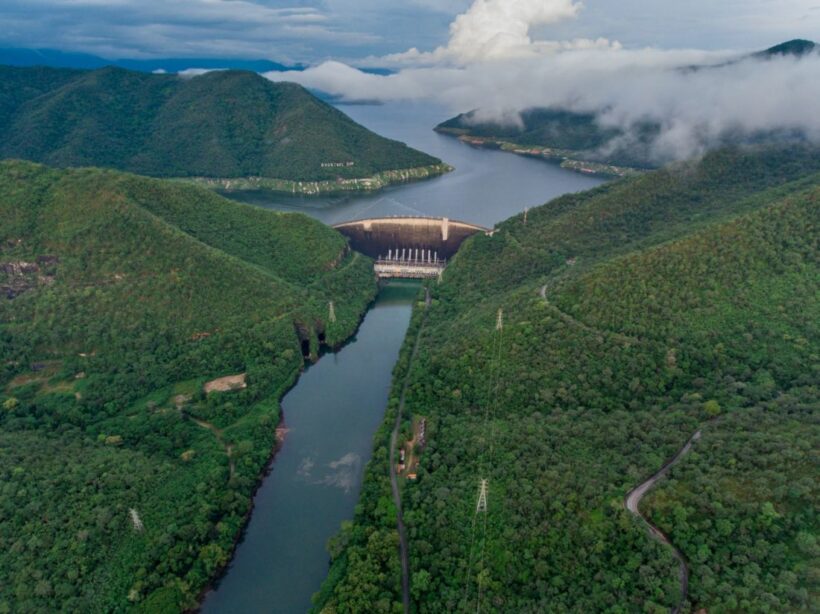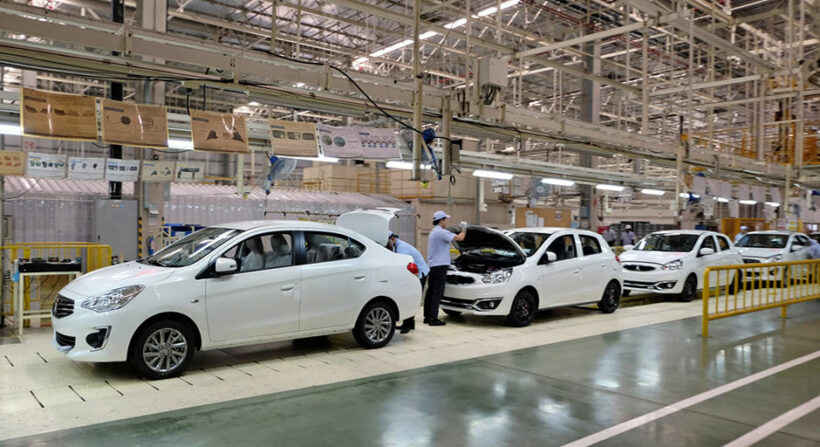Farming
- Thailand Weather Updates

Penis statue works as village sees rain after erection
Laugh and make jokes if you must (we certainly did!)…
- Thailand Weather Updates

Village need rain? Have you considered a giant penis?
Yothaka Subdistrict of Chachoengsao province is a fertile low river…
- Economy News

15 most popular tourism provinces contribute 70% of total GDP
Wealth inequality around the world has always been the haves…
- Northern Thailand News

Northeastern Buri Ram mother becomes second to die from lightning in recent weeks
A Thai mother in Thailand’s northeastern Buri Ram province, has…
- Thailand News

Thailand News Today | Restrictions on Bangkok and Pattaya to be lifted? | January 27
A trailer truck has driven into an accident scene, crashing…
- Northern Thailand News

Air pollution reaches “unhealthy” levels in Thailand’s north and northeast
18 provinces in Thailand’s north and northeast are being hit…
- Environment News

Residents express health concerns as smog engulfs Pattaya
Pattaya residents have expressed concern over air pollution, as the…
- Northern Thailand News

Farmlands flooded in Nong Bua Lam Phu Province as heavy rain persists
Flooding has inundated over 1,000 rai of farmland and the…
- Food

Thai farmers mystified as government classifies harmless herbs as “hazardous”
Following a backlash from the country’s farmers, Thailand’s Agriculture and…
- Business News

“Come and see” – Ministry invites diplomats to see coconut-picking monkeys in action
The monkeys, and the Thai government, are hitting back at…
- Environment News

Now paraquat, glyphosate and chlorpyrifos are banned, what do farmers use?
PHOTO: sugar-asia.com In just two weeks the ban on paraquat,…
- Northern Thailand News

Farmlands flooded in Mukdahan from mountain run-off
PHOTO: The Nation Some 10,000 rai of farmland and a…
- Northern Thailand News

How to raise rats and other livestock: lessons from a north-eastern school
PHOTOS: The Nation A school in Surin province, north-east Thailand,…
- Environment News

Thai farmers reluctant to scale down use of ‘toxic’ herbicides
Thai farmers say they oppose the proposed bans on herbicides…
- Northern Thailand News

Department ramps up cloud-seeding to ease drought in the Thailand’s northeast
“…he noted that drought in the middle of a wet…
- Northern Thailand News

“No water crisis in the Chao Phraya basin” – Irrigation Department
PHOTO: Bhumibol Dam in Tak when full, now holding only…
- Thailand News

Thai business sector drops 2019 export projections by 1%
The Thai Chamber of Commerce and Board of Trade are…
